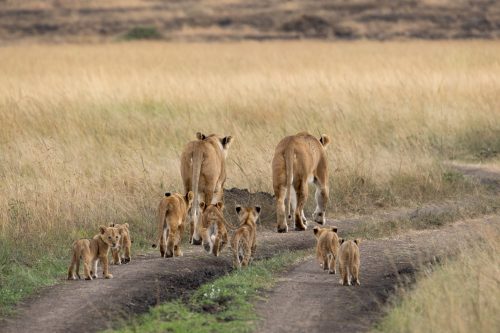
To say we were ecstatic is no exaggeration when we discovered these little balls of fluff. On a drive in Egyptian Pride territory through the Picnic Trees, Andrew spotted a tiny face peering out from the grass. We had no idea how many lions and cubs there were, as the grass was long enough to keep them hidden. But soon, we realised there might be more than one cub as we watched tufts of grass moving from every direction.
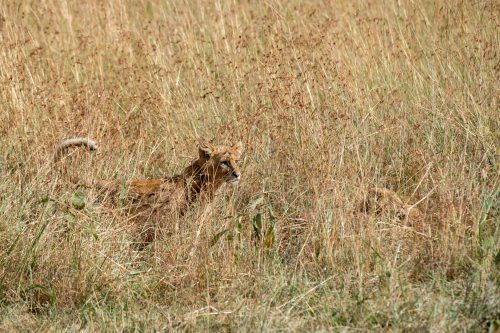
Our first sighting of the Egyptian Pride’s single cub was back in mid-January; we guessed that it was about two months old at the time. At this sighting, we could clearly make out two lionesses in the grass as we parked at a distance trying to make out the full brood. Eventually, the two mothers got up and started moving and one by one the cubs followed closely behind.
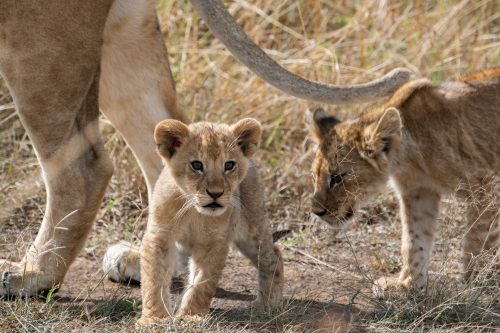
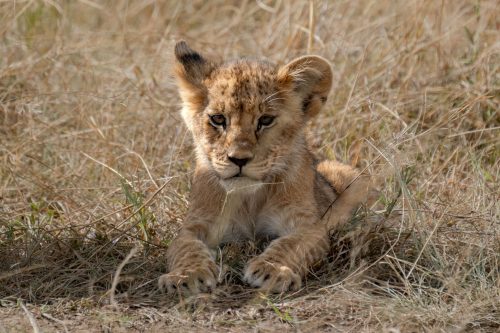
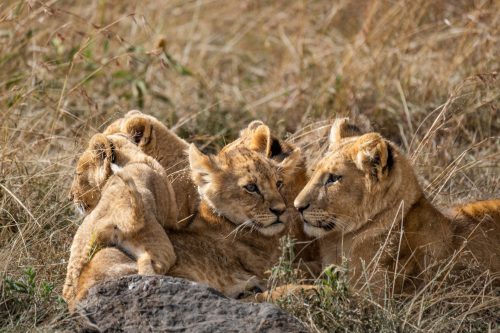
To our utter surprise, we counted seven cubs in total, all of different sizes and ages. One bigger cub appeared to be about five or six months now; two others a bit younger, about four months old; and four tiny ones about two months old. The smallest cubs lagged behind, the mothers would stop for a moment or two giving them a chance to catch up.
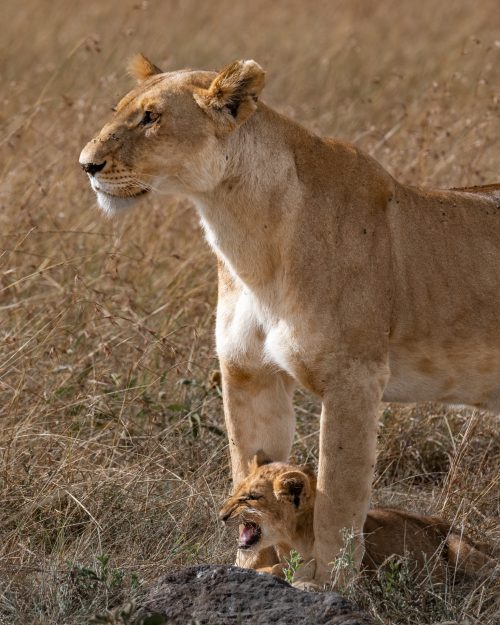
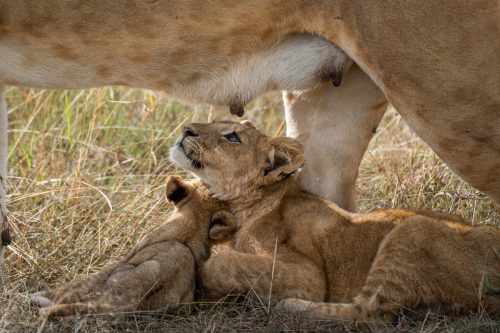
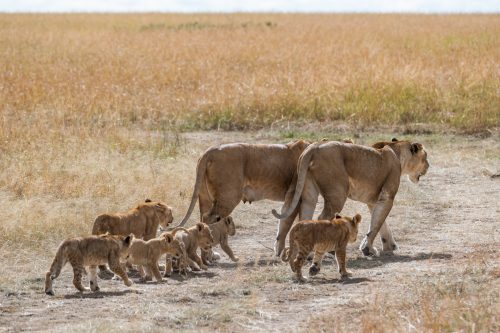
We met two of the mighty Bila Shaka boys, Koshoke and Kibogoyo, who were all hyped up after what looked like a night of rampage, patrolling their territory. Clearly, these males had been in an altercation with other lions, as Kibogoyo has a puncture wound on his right front leg and a nasty wound on his shoulder. All in all, these boys are still looking fantastic and are in their prime. They huffed and puffed walking along the road as if to tell us that they own these streets.
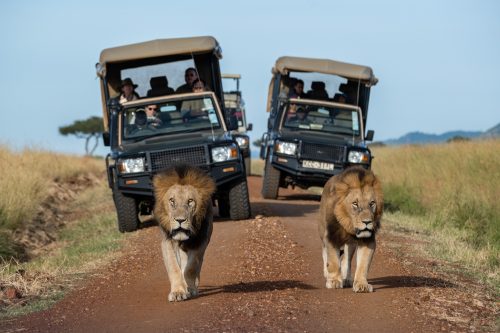
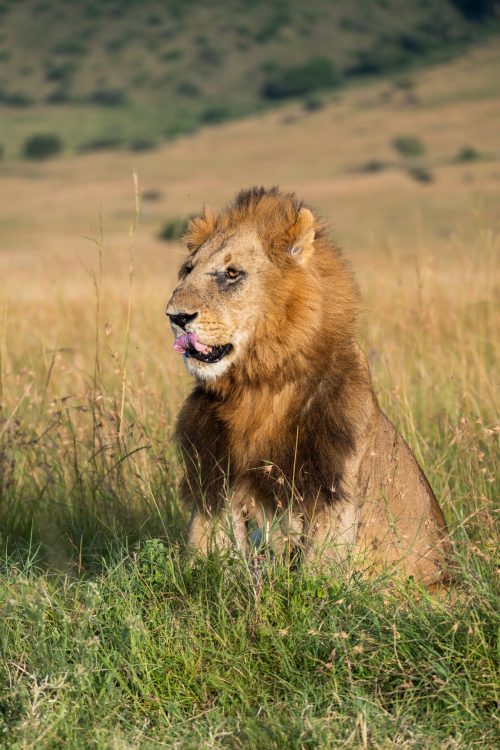
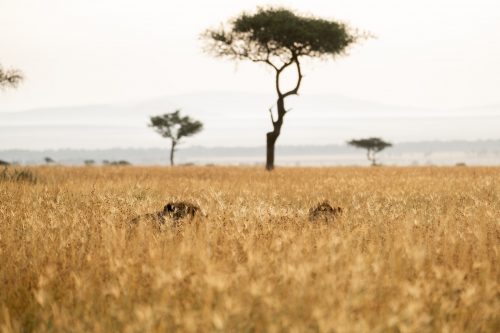
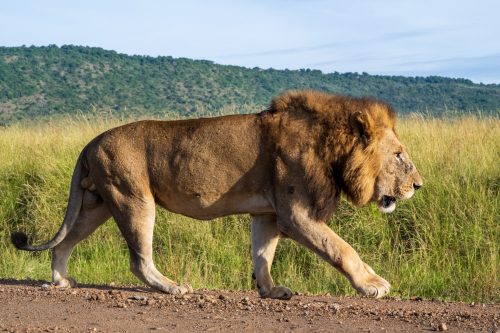
The Paradise Pride, usually found on the other side of the Mara River, have crossed its banks and is currently on the Triangle side, making the most of their new territory with successful hunts. We found them on the road close to one of our Angama Safari Camp sites. We left after they had disappeared into some thick bushes only to get a report on the radio that they had just made a kill not far from the road.
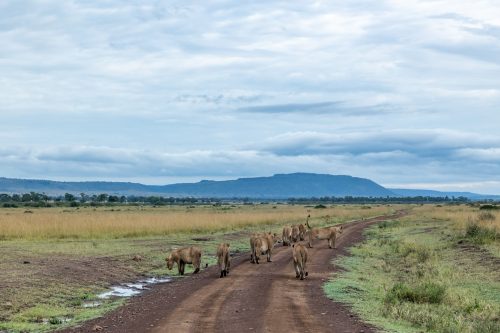
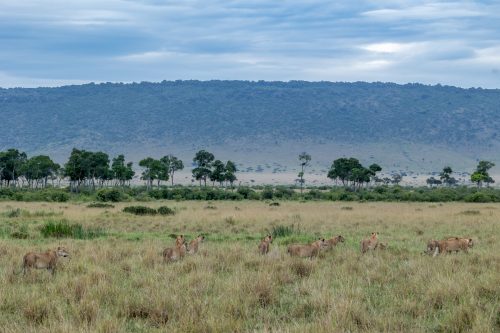
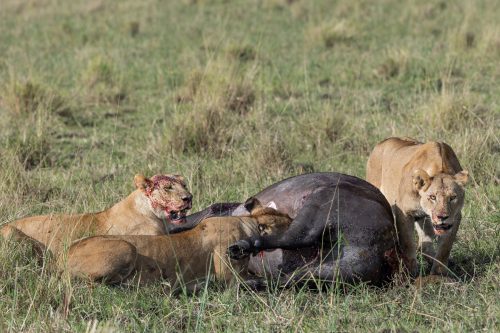
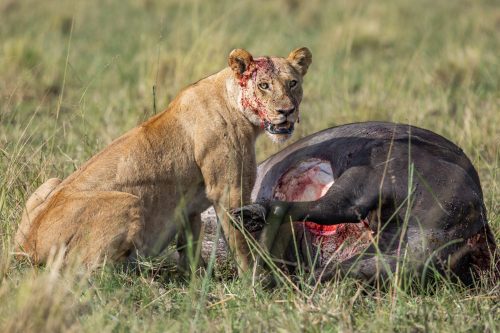
We caught up with the Nyati Six altogether, doing what lions do best in the heat of the day: finding shade and catching some sleep.
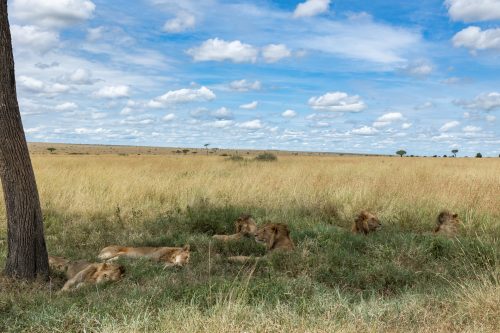
One of our guests, Ian Kamau, was lucky enough to witness one of the most remarkable sightings in the Triangle — and he captured a few photographs as well. This scene unfolded at a small water crossing we call Military Drift. The poor Thomson’s gazelle was most likely going for a drink exactly where this 15-foot behemoth of a python was lying in wait. Our guide, Douglas, explained that the first attempt at swallowing the gazelle failed but later, the snake was successful. A kill of this size will last the snake for months.
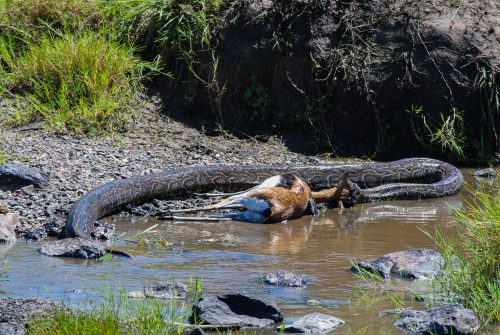
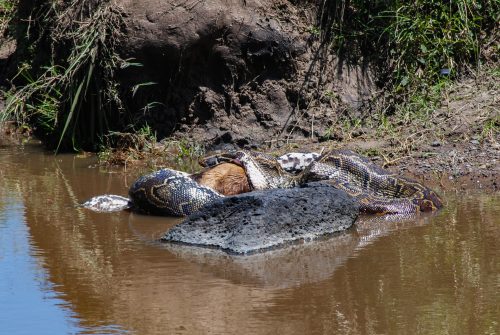
We finish this week off with a glimpse of the beloved Shepherd Tree Male. We will never tire of capturing this magnificent leopard, from any angle.
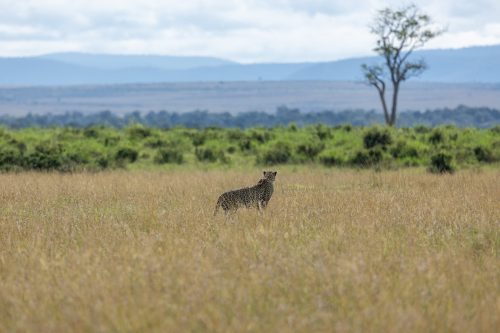
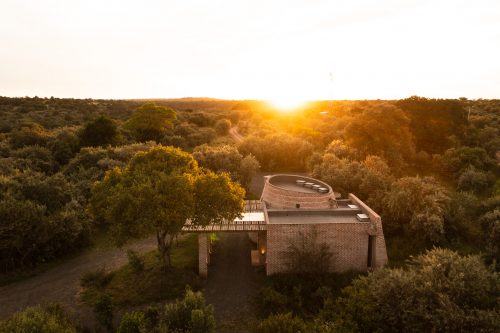
This time last year we gave you a sneak peek of Angama Mara's new Map Room. A year on and the Map Room is a favourite of guests wanting to learn more about the Mara, its wildlife and the people who call it home.
Filed under: This Week at Angama
Subscribe for Weekly Stories
Comments (0):
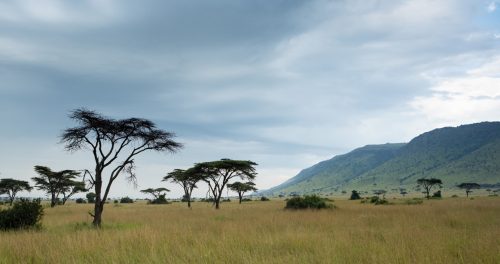
Angama Safari Camp